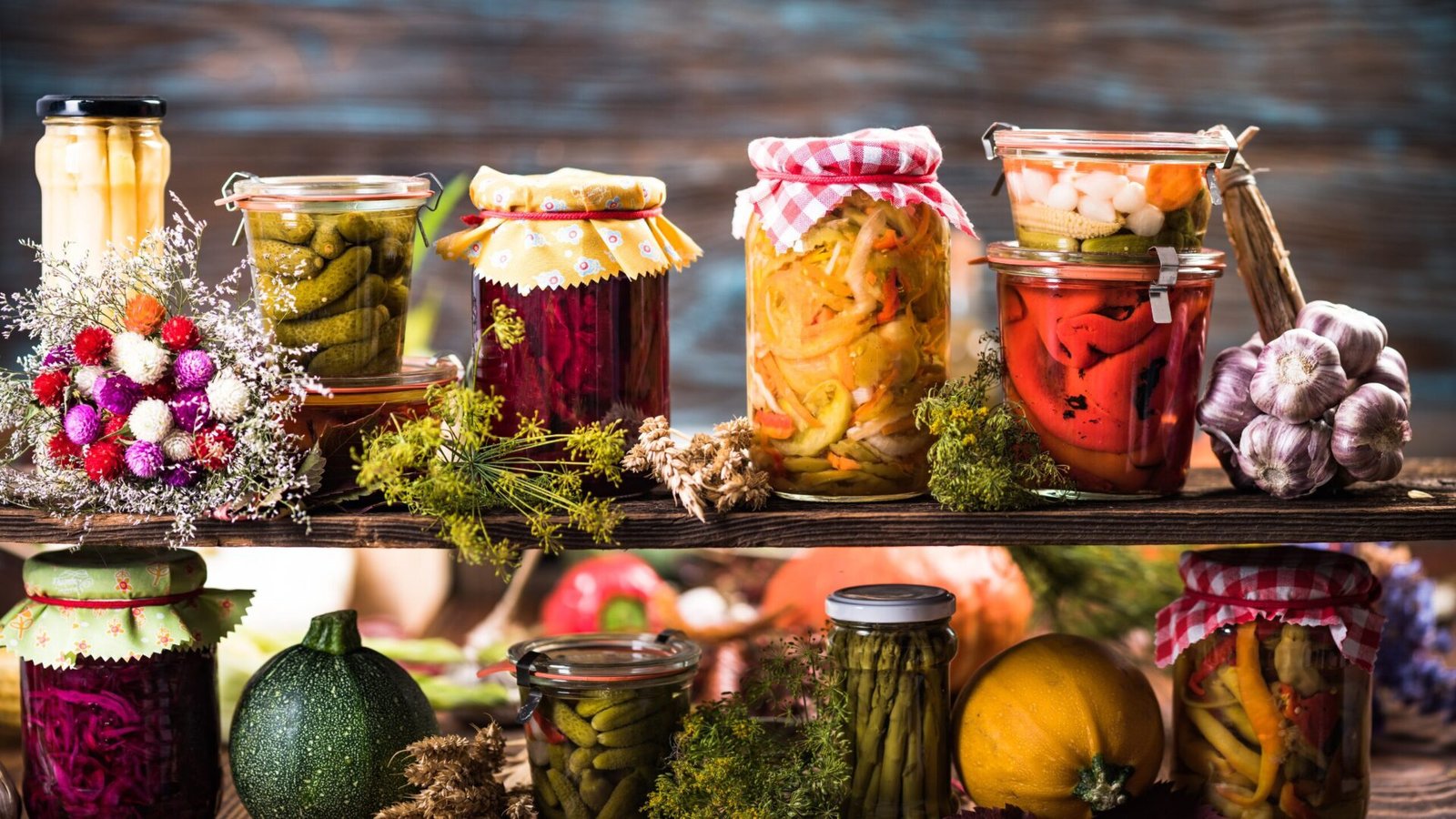
Proper vegan food storage is the foundation of any healthy, plant-based lifestyle. Whether you’re meal prepping for the week or just trying to reduce food waste, knowing how to store your ingredients correctly can save time, money, and stress — while keeping your food as fresh and flavorful as possible.
In this detailed guide, you’ll learn how to store your vegan ingredients in the fridge, freezer, and pantry, including expert tips, shelf life insights, and common mistakes to avoid.
🥬 Fridge Storage Tips for Fresh Produce
Your refrigerator is key for preserving the life of your fresh fruits, vegetables, herbs, and plant-based staples.
✅ What to Store in the Fridge
Leafy greens (kale, spinach, lettuce)
Berries and soft fruits
Tofu and tempeh
Plant-based milks
Cooked grains and legumes
Cut vegetables
🧊 Best Practices
Store leafy greens in perforated bags or containers with paper towels to absorb moisture.
Keep produce like apples and citrus in the crisper drawer.
Use glass containers for cooked meals — they retain freshness better than plastic.

⏳ Estimated Shelf Life
| Ingredient | Shelf Life |
|---|---|
| Cooked beans | 3–5 days |
| Leafy greens | 4–6 days |
| Opened tofu | 5–7 days (in water) |
| Hummus | 5–7 days |
| Plant milk (opened) | 7–10 days |
❄️ Freezer Storage for Long-Term Vegan Staples
Freezing is perfect for batch-cooked meals, seasonal produce, and pantry overflow.
✅ What Freezes Well
Cooked rice, quinoa, and lentils
Plant-based stews and soups
Overripe bananas (for smoothies)
Fresh herbs (chopped & frozen in olive oil)
Vegan cheese shreds and butter
Sliced bread and tortillas
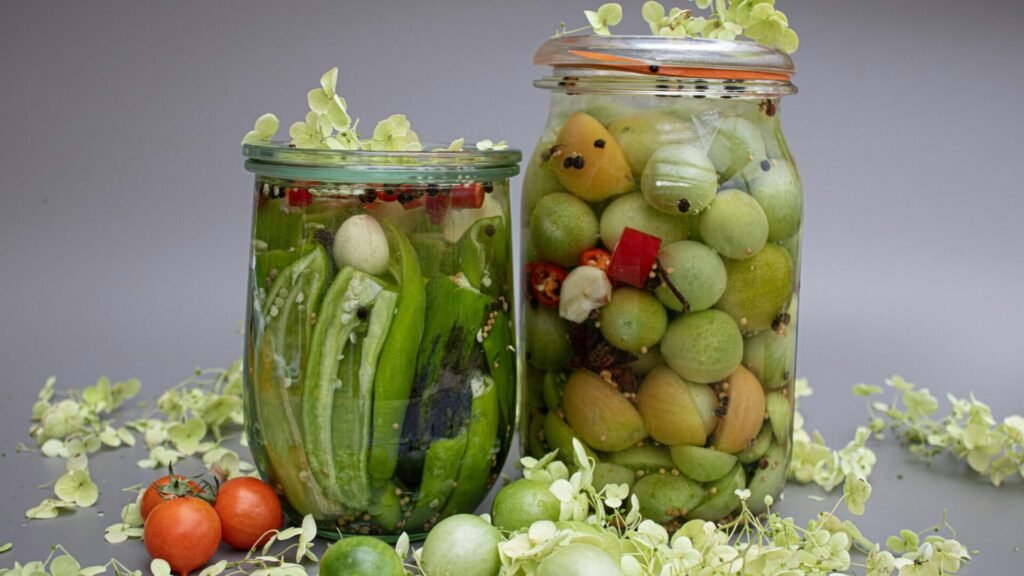
🧊 Tips for Freezing Like a Pro
Use silicone freezer bags or airtight containers.
Label everything with the date and content.
Freeze meals in individual portions for easy reheating.
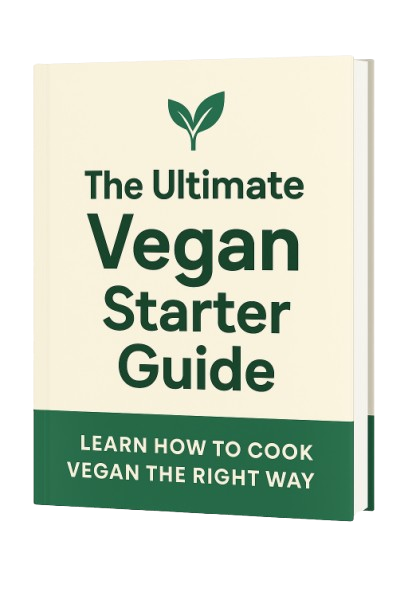
Download Our Free eBook
Get your copy of The Ultimate Vegan Starter Guide and begin your plant-based journey today.
⏳ Freezer Shelf Life Reference
| Item | Shelf Life |
|---|---|
| Cooked grains | 1–2 months |
| Frozen fruit | 6–8 months |
| Vegan soup/stew | 2–3 months |
| Baked goods | 2–3 months |
| Vegan cheese | 3–6 months |
🏡 Pantry Storage Essentials
Your pantry is where many vegan staples live — but it needs proper airflow and dry, cool conditions.
✅ Best Vegan Pantry Staples
Dried beans, lentils, and chickpeas
Whole grains (brown rice, quinoa, oats)
Canned tomatoes, beans, coconut milk
Nutritional yeast
Nut butters
Seeds (chia, flax, sunflower)

🔐 Storage Tips
Store grains and legumes in glass jars or metal containers with tight lids.
Avoid plastic bags — they attract pests and degrade over time.
Keep everything in a cool, dry, and dark space.
⏳ Pantry Lifespan Overview
| Item | Shelf Life |
|---|---|
| Dried beans | 1–2 years |
| Oats | 6–12 months |
| Nuts & seeds | 3–6 months (pantry) |
| Canned goods | 2–5 years |
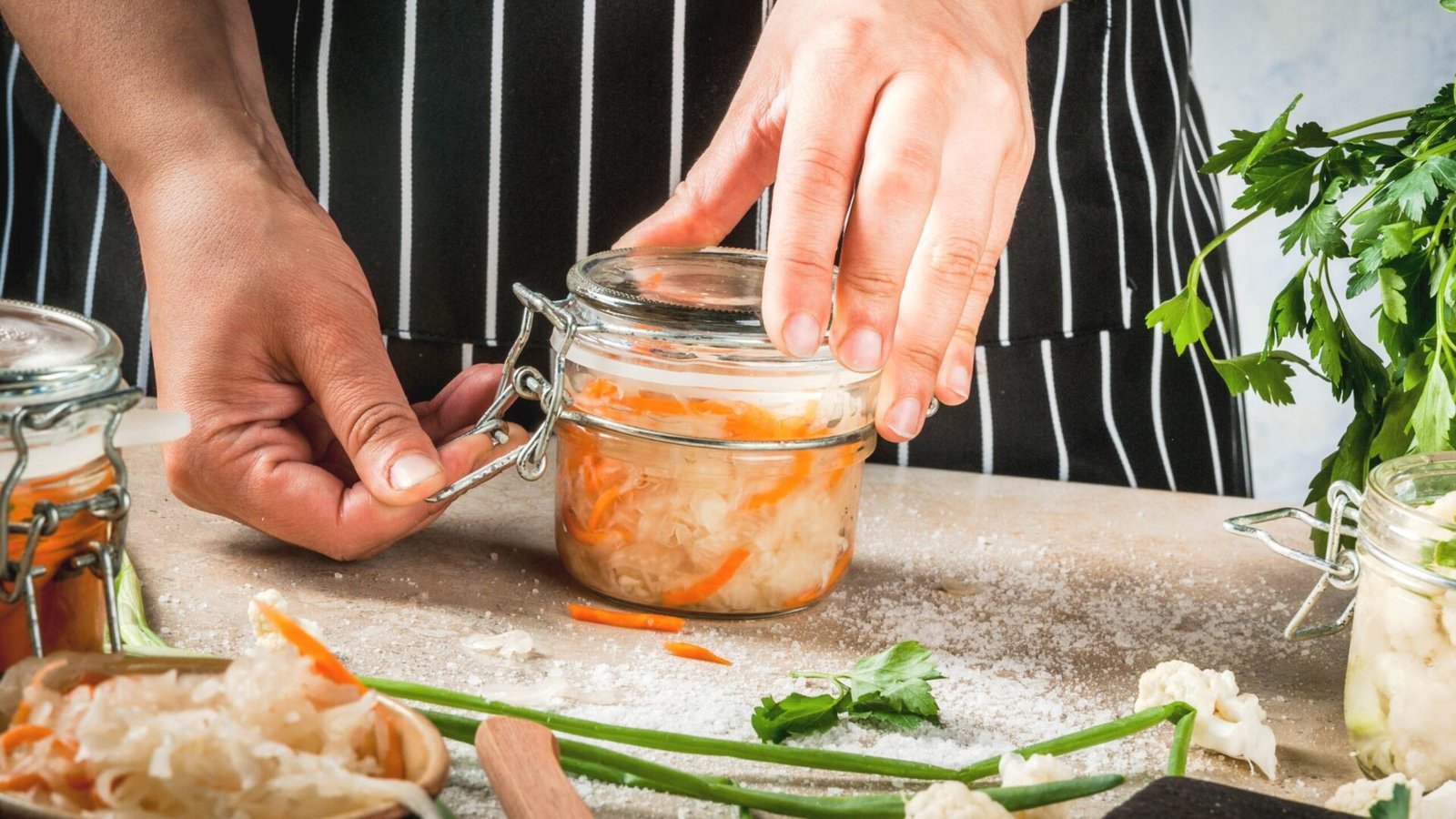
🧪 Signs Your Vegan Ingredients Have Gone Bad
Even with proper storage, some spoilage is inevitable. Watch for:
Mold, discoloration, or foul smells
Slimy or mushy textures in produce
Off taste in nut butters or grains
Swollen or rusted canned goods
When in doubt, throw it out. Your health is more important than saving a dollar.
🌱 Pro Tips to Maximize Freshness & Reduce Waste
FIFO rule: First In, First Out – rotate old items forward.
Use chalkboard or whiteboard inventory for fridge/freezer tracking.
Freeze scraps for homemade veggie broth.
Batch-cook and freeze meals at peak freshness.
Store opened packages in airtight containers immediately.
Still Curious About Veganism?
Our free eBook answers the most common questions and helps you transition smoothly.
Download Now🔍 Explore More Vegan Guides
- ✅ Quick Vegan Lunchbox Ideas
- ✅ Healthy Vegan Meal Prep Tips
- ✅ High-Protein Vegan Recipes
- ✅ Easy Vegan Dinner Recipes
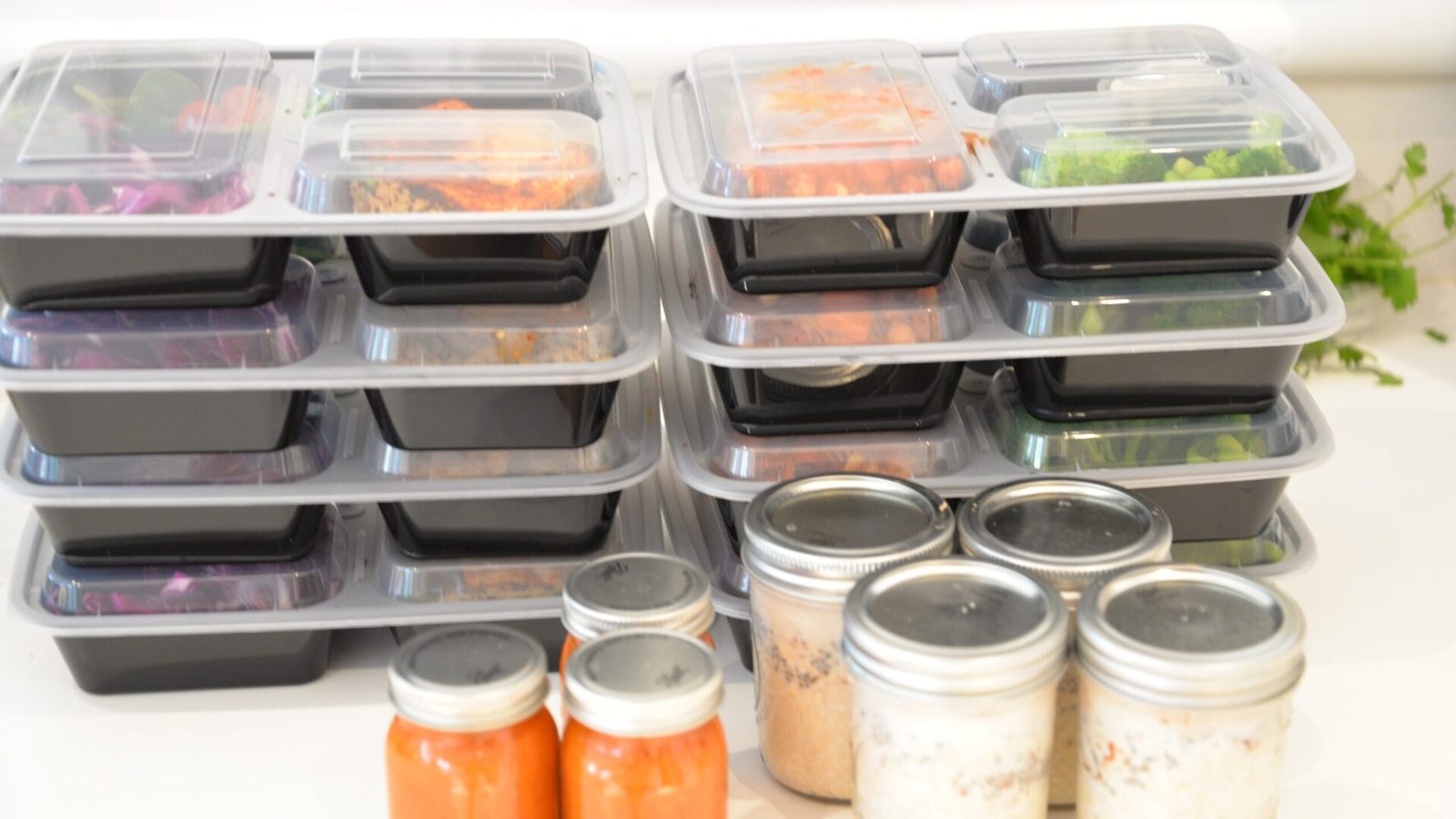
Frequently Asked Questions
✍️ Author's Note: This article was written by The VeganVus Team, a group of passionate plant-based creators dedicated to helping you live a kinder, healthier life. 💚
🌿 VeganVus Recommends
- ✅ Best Eco Snack Containers – reusable & BPA-free
- ✅ High-Quality Nut Butters – delicious & protein-packed
- ✅ Favorite Air-Popper for Popcorn – healthy movie snacks at home
📚 Want to Learn More About Veganism?
Explore Vegan Basics
Vegan Insights

Top Cruelty-Free Vegan Body Care Essentials for Every Season
Finding the perfect body care routine that’s both vegan and cruelty-free can feel like a

How to Build a Stylish Vegan Wardrobe (Without Breaking the Bank)
Building a wardrobe that’s both fashionable and ethical might sound expensive — but it doesn’t

How to Build a Sustainable Vegan Home: Simple Steps for Greener Living
Living a compassionate lifestyle goes beyond what you eat — it extends into your home,

10 Easy Vegan Swaps to Live a More Sustainable Lifestyle
Embracing a sustainable vegan lifestyle is one of the most powerful ways to reduce your

How to Create a Weekly Vegan Self-Care Plan (Relaxation, Nourishment & Mindfulness)
Embracing a vegan lifestyle goes beyond food — it’s about nourishing your entire being 🌿.


